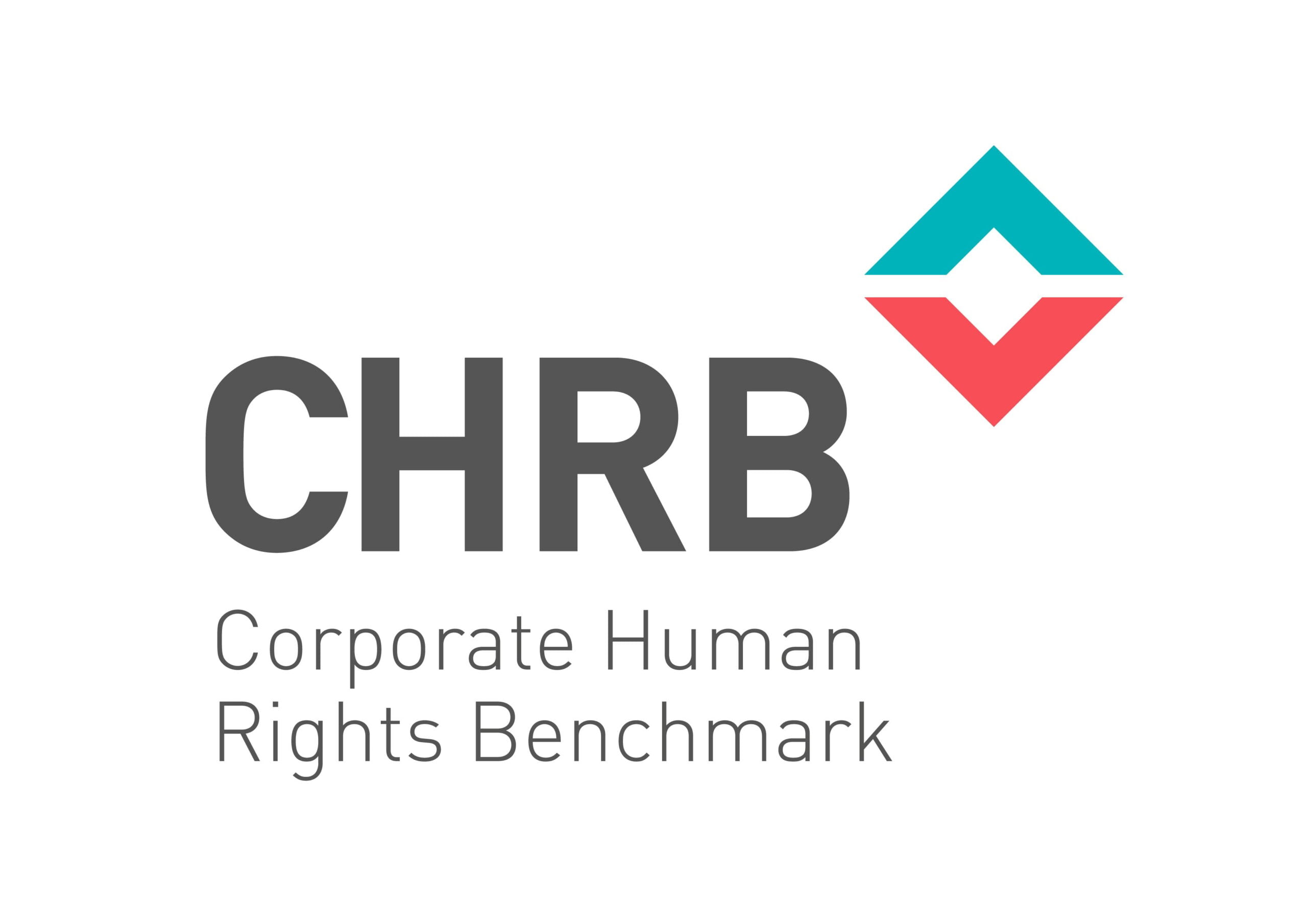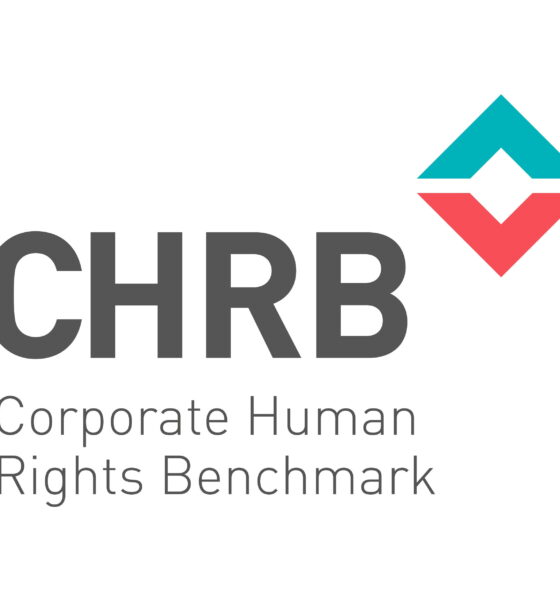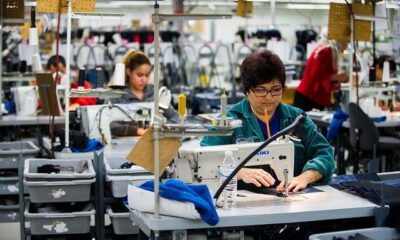

News
World’s First Ranking of Largest Companies’ Human Rights Performance Begins
The Corporate Human Rights Benchmark (CHRB) today initiated the important first steps towards the creation of the first-ever ranking of the human rights performance of the world’s largest listed companies. The CHRB has developed a rigorous methodology, which it will pilot with the top 100 companies from the agricultural products, apparel and extractives industries.
The results of this free and public business and human rights benchmark will be published in November 2016. The CHRB will be produced annually and expanded each year to cover additional industries until the top 500 globally listed companies are included.
The CHRB Methodology is the result of two years of development by the CHRB Steering Committee in consultation with over 400 companies, industry associations, investors, governments, civil society representatives, academics, and lawyers.
Today, the CHRB will send its final methodology to the companies selected for the pilot benchmark. It will also open its disclosure platform, allowing those companies to submit and make public information to be considered in the CHRB. This information will be considered along with existing public documents like annual reports and policies.
The competitive nature of the market is a powerful driver for change and represents an untapped lever to drive better corporate human rights performance. A recent survey by the Economist Intelligence Unit found that of 853 senior corporate executives surveyed what could best enable them to meet their human rights responsibilities, the top choice was a public benchmark on corporate human rights performance. The Corporate Human Rights Benchmark seeks to answer this call.
Steve Waygood, Chair of the CHRB Steering Committee and Chief Responsible Investment Officer at Aviva Investors, said: “Respecting rights should ultimately be a competitive advantage. At the moment, companies that are less accountable for their impacts on people are still able to raise capital at rates that don’t properly take these issues into account. We are seeking to change that.”
“The CHRB Steering Committee has for the last two years been consulting a broad range of stakeholders to help us figure out a way to robustly, fairly and publicly measure companies’ policies and governance, systems and processes, and practices on human rights. When the results are published later this year, it will allow everyone to freely compare companies from different industries and see who’s more effective at ensuring their business doesn’t harm their workers or host communities.
“By creating a comparative ranking, companies will be incentivised to race to the top of the annual benchmark. The Benchmark will be public, meaning all stakeholders can draw their own conclusions about which companies are living up to society’s basic expectations. The leaders deserve to be recognised while the laggards should be pressed to improve. This is good for responsible companies, long term shareholders and society more broadly.” Waygood added.
The CHRB Steering Committee members are: Aviva Investors, Business & Human Rights Resource Centre (BHRRC), Calvert Investments, Institute for Human Rights and Business (IHRB), VBDO and Vigeo Eiris.


 Environment11 months ago
Environment11 months agoAre Polymer Banknotes: an Eco-Friendly Trend or a Groundswell?

 Environment12 months ago
Environment12 months agoEco-Friendly Home Improvements: Top 7 Upgrades for 2025

 Features10 months ago
Features10 months agoEco-Friendly Cryptocurrencies: Sustainable Investment Choices

 Features11 months ago
Features11 months agoEco-Friendly Crypto Traders Must Find the Right Exchange



























